Full Diagnotic Assessment for Neuromotor Immaturity
- Home
- Full Diagnotic Assessment for Neuromotor Immaturity
Full Diagnotic Assessment for Neuromotor Immaturity
Is your child struggling?
With reading, writing, Spelling, or academic under-achievement?
Concentration, focus or coordination problems?
Have they been diagnosed with Dyslexia, Dyspraxia, ADHD or Autism?
Do they seem disorganised, distracted or immature?
If so neuromotor immaturity could be an issue for them.
The individual programme is the most preferred and effective way for parents to have their children formally assessed for neuromotor immaturity.



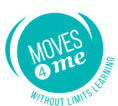
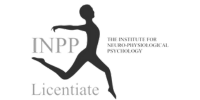
Interest Enquiry
Contacting Without Limits Learning is the first step in discovering how we can help your child. From a quick phone call or screening questionnaire we can see if the INPP Programme will be suitable for your child. The symptoms and behaviours your child is demonstrating indicates where there is immaturity in the central nervous system. This immaturity is due to primitive reflex activity and we can change that!
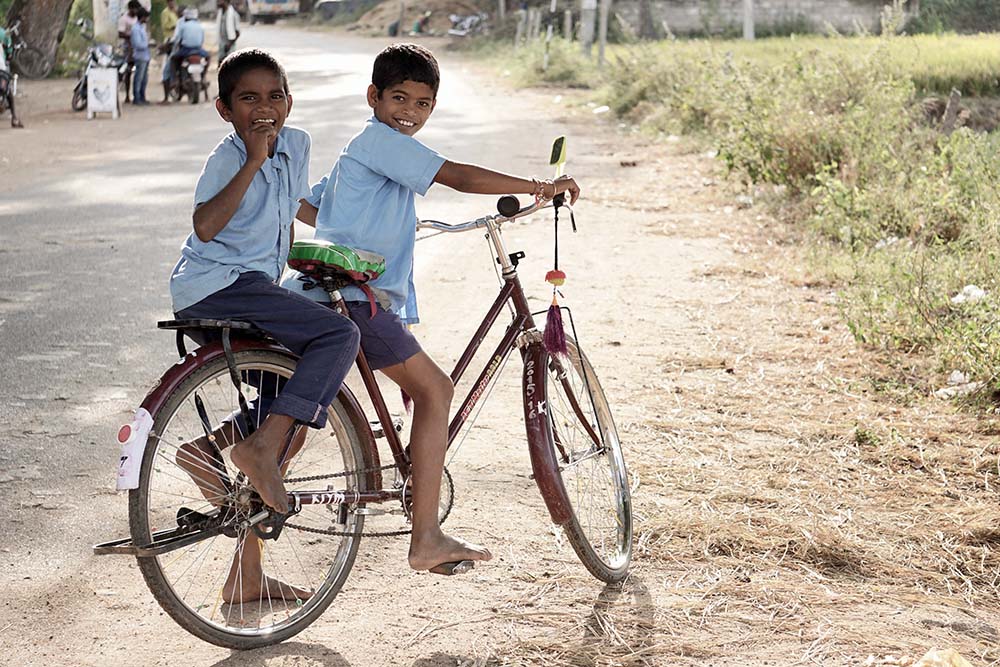
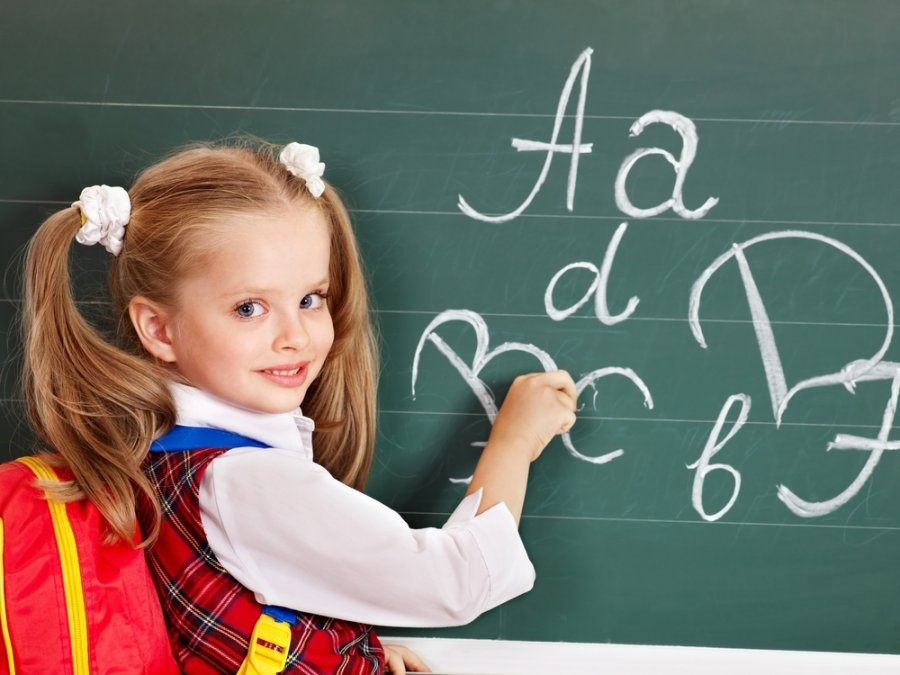
Initial Consultation
The initial consultation is the first meeting. In this first meeting we will establish if there is a need for your child to continue in the programme. At this time, we will complete a full questionnaire. This details a full developmental history about your child and identifies problem areas.
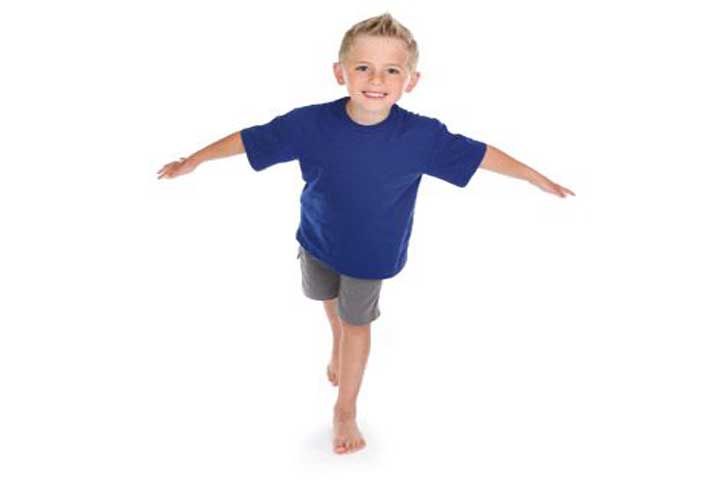
INPP Full Diagnostic Assessment
The diagnostic assessment consists of extensive non-invasive neurological tests which assess a number of skills: gross and fine muscle coordination, balance, patterns of motor development, reflexes, laterality, oculo-motor functioning, visual perception and motor integration.
Treatment
The treatment comprises of a series of physical exercises based on early movements made by the developing child in the first year(s) of life. The exercises are designed to retrain the reflex pathways and thereby improve the control of balance, posture, voluntary movement, visual functioning and perceptual abilities.
A typical movement programme will take about 5-10 minutes a day over a period of 12 months. Progress is reviewed at 6 weekly intervals and exercises are changed when appropriate. A typical programme generally consists of 9 reviews over the year.
Bi-lateral Integration
Bi-lateral training incorporates exercises tailored to assist both hemispheres of the brain to work in cooperation and efficiency. This programme was created by Sheila Dobie of Ireland. The programme helps to remediate uncoordinated inefficient movement and is used by many people worldwide to train athletes for the precise efficient professional movement needed.


